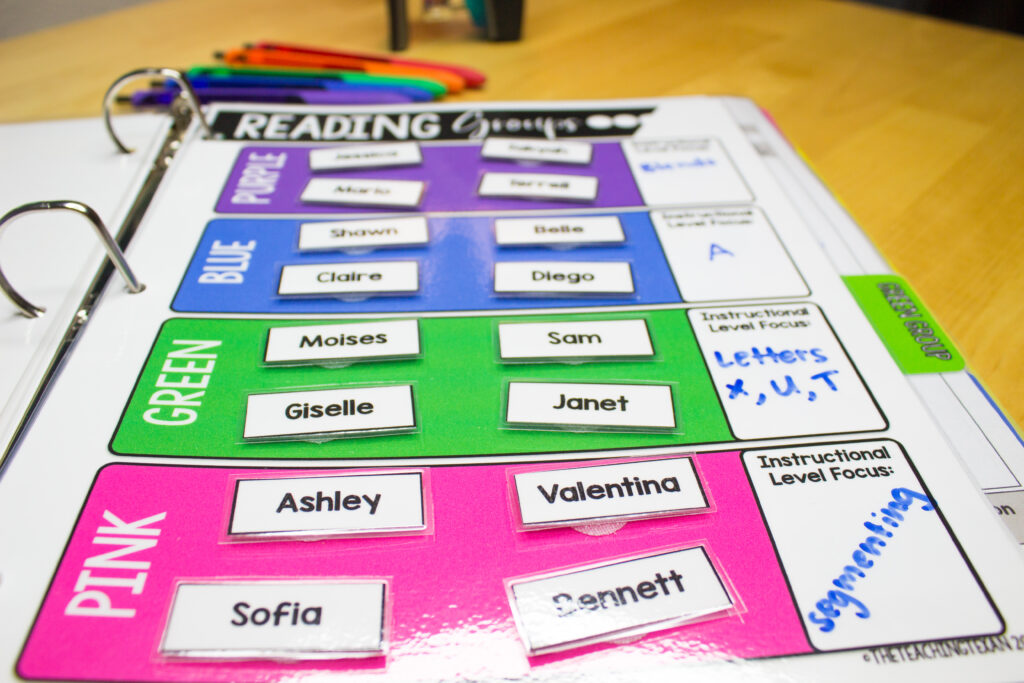
Here is a list of readings about differentiation and grouping:
- Death by differentiation by Mary Myatt | link
Makes the case for differentiation of support towards common high standards, rather than setting different expectations for different students. - Should Reading Be Taught Whole Class or Small Group? by Tim Shanahan | link
Explains that classes organised around grouping are less effective when it reduces the amount of teacher-guided instruction the student receives, and that grouping confers a greater benefit on high-achieving students than on low-achieving students. - Teaching Methods: Differentiated instruction by Peter Westwood | link
“Differentiation can be implemented in a sustainable way by using evidence-based teaching to cover the same curriculum content with all students, but tailoring some of the learning activities to take account of students’ abilities, prior knowledge and basic skills, and then varying the degree of support given to individual students.” - Teaching phonics: whole class or small group? by John Walker | link
Argues for whole-class instruction in phonics, especially in the early years: “a knowledgeable and skilled teacher will be able to use the differing strengths of all children in a whole class setting to the advantage of all.” - Differentiation: It is now time to think again by Greg Ashman | link
Notes the slim evidence for differentiation and confusion over the meaning of the term, and suggests Response to Intervention as a better alternative. - Rescuing Differentiation from the Checklist of Bad Practice by Tom Sherrington | link
“The common-sense thing is just to explore and re-establish the meaning – not to ditch the word. Good differentiation is this: common high-challenge learning objectives defined in detail with steps to success mapped out; scaffolding planned with guided practice leading to independent practice. It means looking at the interesting variety of ways teachers support and scaffold students to reach ambitious goals over time (like a gardener tending their plants -one by one, not necessarily simultaneously) and not mandating idiot-box requirements like different worksheets or a certain number of levels of task in any given moment.” - Scrap maths ability groups at 7 to boost progression in TES | link
“Scrapping primary school maths groups that separate children based on their ability would improve overall achievement and encourage more girls to pursue the subject, new research suggests.”